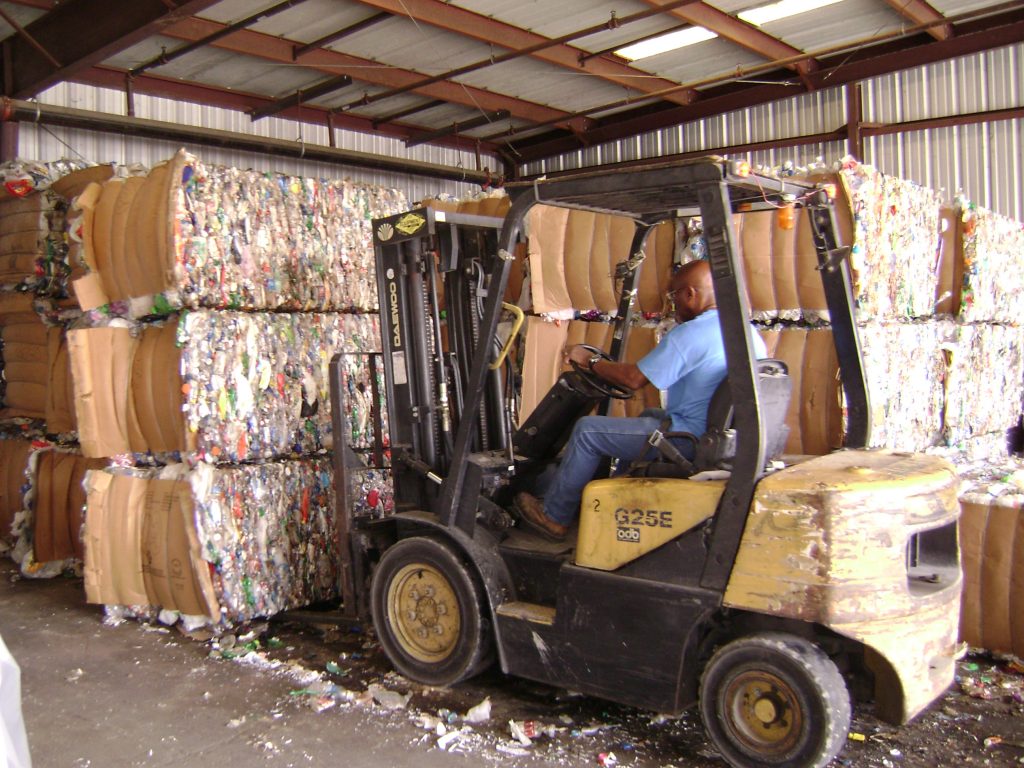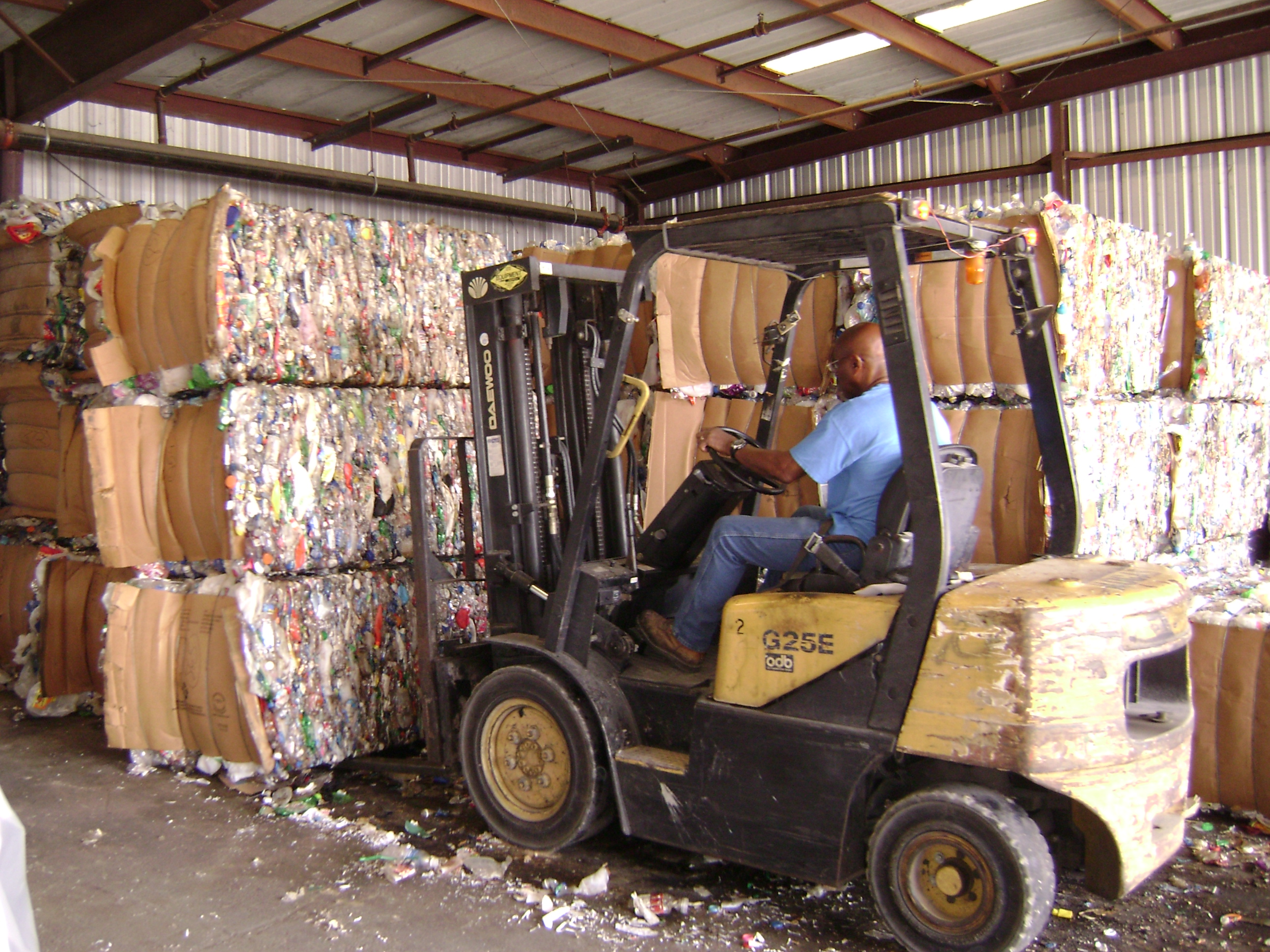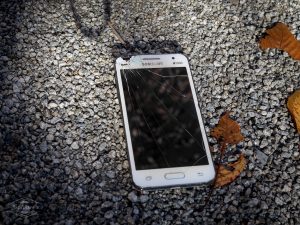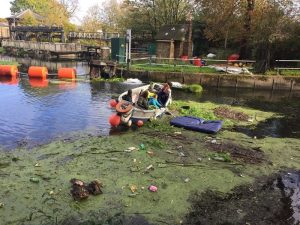The Government is always telling us to recycle, but actually we should be reducing our use if we want to stop polluting the planet

The way we handle waste in households usually takes on an ‘out of sight, out of mind’ attitude. We put things in the rubbish, recycling or food waste and let the council take it away.
Putting plastic in your recycling bin may feel good, but how good actually is it for the environment? Ask anyone to tell you where recycled plastic goes and the majority won’t be able to tell you.
All plastic can be recycled, but as we know – money makes the world go round, and economical viability greatly affects whether or not a certain type of plastic is recycled.
Alec Powell, general manager of resource and recovery for Grundon Waste Management Ltd., said that the reason why many materials aren’t recycled is simply because local authorities can’t afford it.
He said: “The industry and Government will have to come up with new ways to fund recycling and waste management in general to make it all economically viable.”
Natural HDPE fetches the highest price. HDPE is what many bottles are made out of: it’s lightweight but strong, long lasting and weather resistant.
Coloured bottles are worth less, because you can’t take the colour out, but they can still be recycled into fabrics and other materials.
Lightweight plastics such as wrappers and clingfilm are hardly ever recycled as the material gets easily tangled in machinery, making it not economically viable to recycle.
A lot of plastic is exported to be reprocessed. According to the National Packaging Waste Database (NPWD), in 2015, 560,000 tonnes of plastic packaging was exported, compared to 330,000 tonnes processed in the UK.
In fact, up until recently, a lot of plastic waste was sent to China to be recycled; however, China recently banned importing waste, leaving the UK scrambling to find alternative ways to recycle.
Alec added: “The China problem has come from people abusing the system.”
Tania Hitchcock, resource and recovery product quality manager for Grundon, believes that EU recycling rates have contributed to this problem
She said: “I believe we were trying to run before we could walk, the industry was expected to deal with too many different products that did not have established markets.”
In 2018, the Royal Statistical Society’s statistic of the year was that 90.5% of all plastic ever made has never been recycled.
Around 79% of all plastic waste is either sitting in landfill or the natural environment, and roughly 12% has been incinerated.
While, of course, it’s far better to recycle than to simply throw plastic away, our main focus needs to be on reducing our use in the first place.
Anthony Foxlee-Brown, head of marketing and communications for Grundon said: “I think the onus is on all of us to think more about practical measures we can take to use recycled products in our day-to-day lives.”




